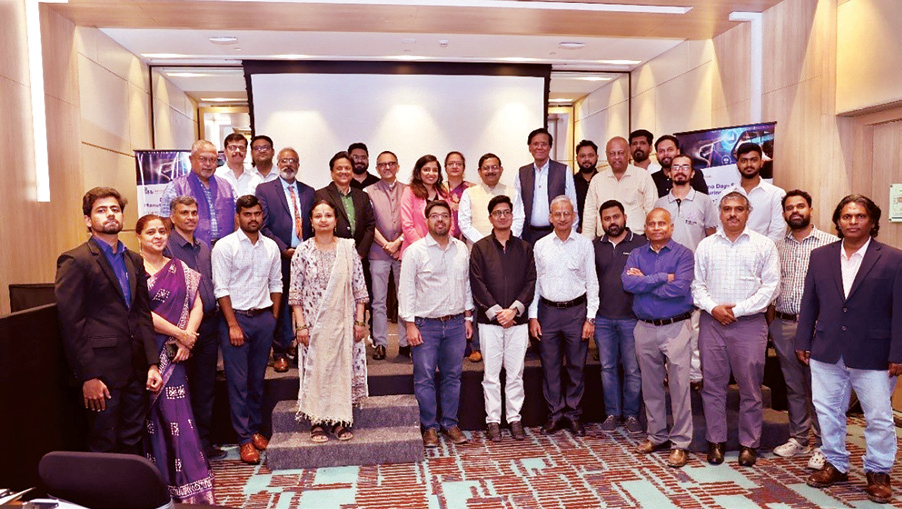
Combatting stigma and stress
Sowmya Raju | NT
Bengaluru: Mental health is important in every country, but it is especially important in India, where there is a high prevalence of mental health disorders.
According to the World Health Organisation (WHO), India has the highest suicide rate in Southeast Asia and the second highest suicide rate among young people in the world.
Mental illness is often seen as a sign of weakness or laziness in India, and this stigma can prevent people from seeking help for their mental health problems.
There is a lack of access to mental health services and the services that are available are often expensive and difficult to access. Every year we celebrate World Mental Health Day on 10 October.
This year on Mental Health Day, Saher Ali, a Holistic Psychologist shares five tips that every Indian can follow for better mental health.
Have a zero-tolerance policy for negative self-talk
Saher Ali advises everyone not to put themselves down and avoid using words like cannot, will not and instead use words such as “I prefer not to…” and “I wish to…”. She explains that through language and words, we can keep our minds clear and healthy.
Exercixe to strech the muscles
A holistic psychologist believes that trauma and negative emotions can be released through physical exercise, which helps to clear the mind of negative thoughts.
Have a sensorial experience every day
The mental health expert strongly urges people to spend time in activities that engage all of their senses like dancing, painting, and singing. She added that journaling is one of the best ways to deal with stress, as it provides a platform for expressing emotions and can be a sensory experience.
However, it is important to use pen and paper instead of a digital device.
Physical arousal theory
It is about being aware of your breath all the time. Although it might seem impossible, Saher Ali advises taki n g a moment to observe your breath multiple times a day, as it will help you be centred and calm.
Work-life continuum
In today's world, the expectation to be constantly available for work has become the norm. Many companies require their employees to be on-call, blurring the lines between work and personal life.
To reduce the stress and anxiety associated with this lifestyle, Saher Ali proposes that achieving a work-life balance may not be feasible. Instead, we should strive for a work-life continuum. This means decompressing whenever possible and consciously selecting activities that help us relax and unwind.
 English daily published in Bengaluru & Doha
English daily published in Bengaluru & Doha






